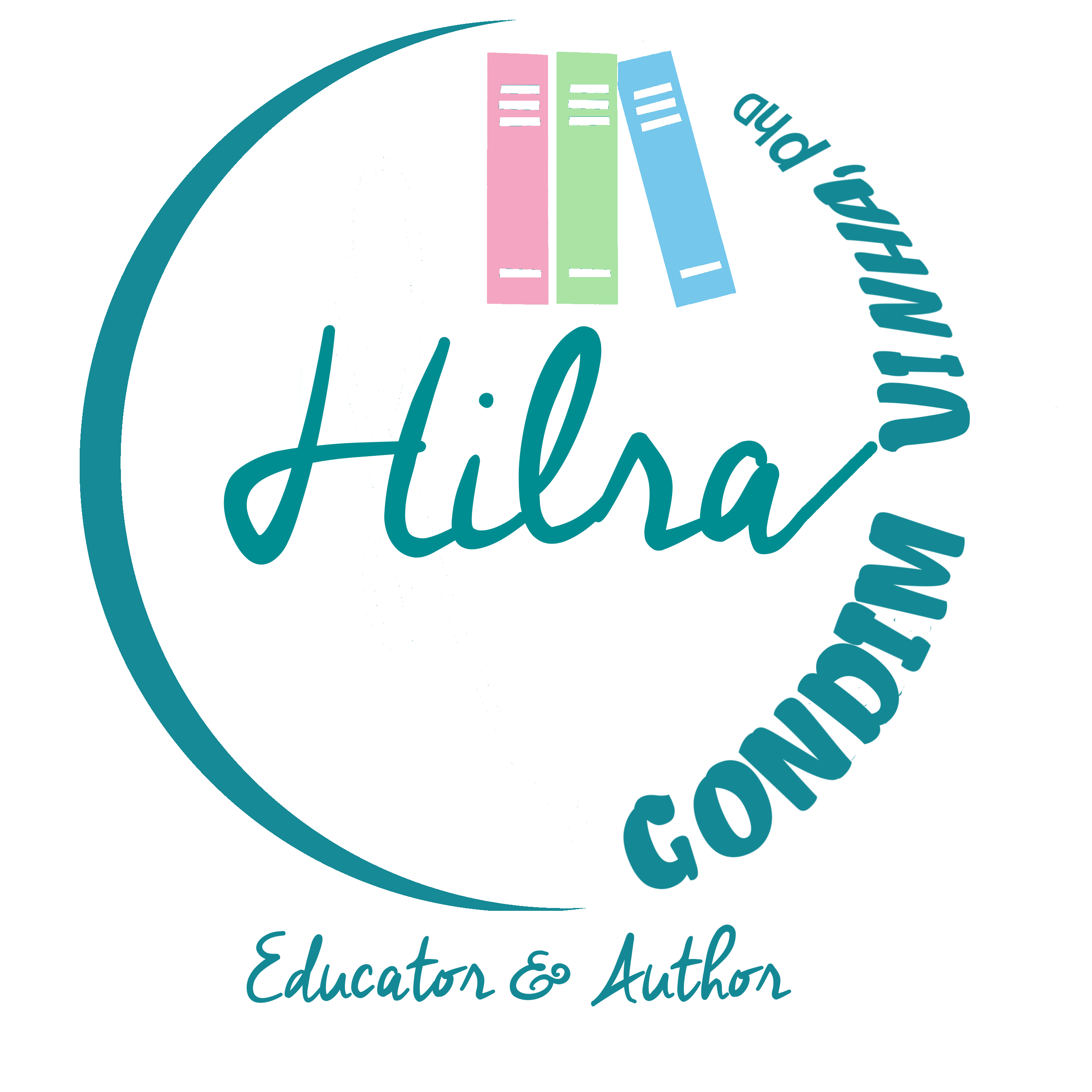“In a life history context, our facility with language, our general fluency and articulacy and our ability to dramatize and tell a story determine how ‘good’ an informant we are. To a considerable extend they also determine the ‘success” of the identities we construct.” (Goodson & Sikes, in Life History Research in Educational Settings)
I still feel the need to locate myself, my voice in the context of my own research. I believe that it is important to point out how my language skills (including my weaknesses on this) can be useful and helpful to the course of my investigation.
Is it realistic to think that being a non-native speaker allow me to see some side of other’s discourse that could not be seen by a native? Could my inability to communicate as efficiently as I would like to put me in a position to understand better those who being native speakers are not understood as well – due to other reasons as well rather than the use of language itself? Furthermore, do I see myself as an authorized person to produce some sort of narrative/interpretive work in a language that doesn’t “belong” to me or that I don’t belong to it? Do I feel allowed to construct my thoughts, insights and own texts in this language?
How my lack of confidence can affect my development, the development of the project and the whole work? How can I build my self-confidence? And finally, how can I get the most of this process of building my self-confidence to bring some enlightenment to the research itself? Is it feasible?
Too many questions…
